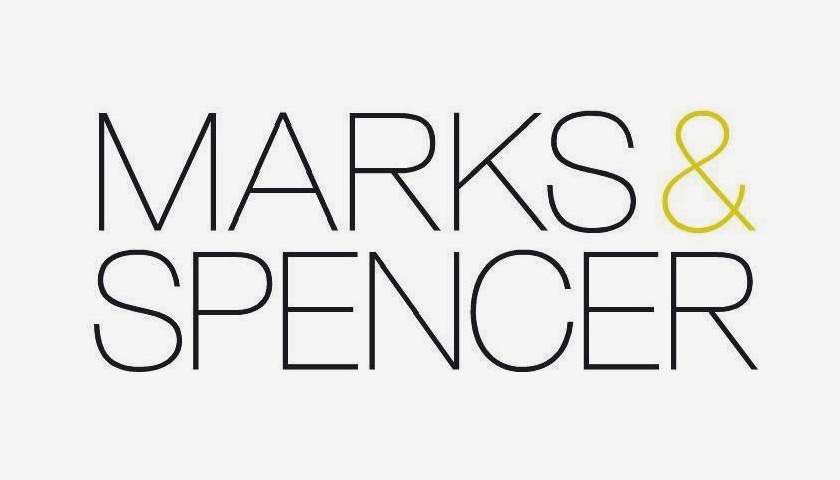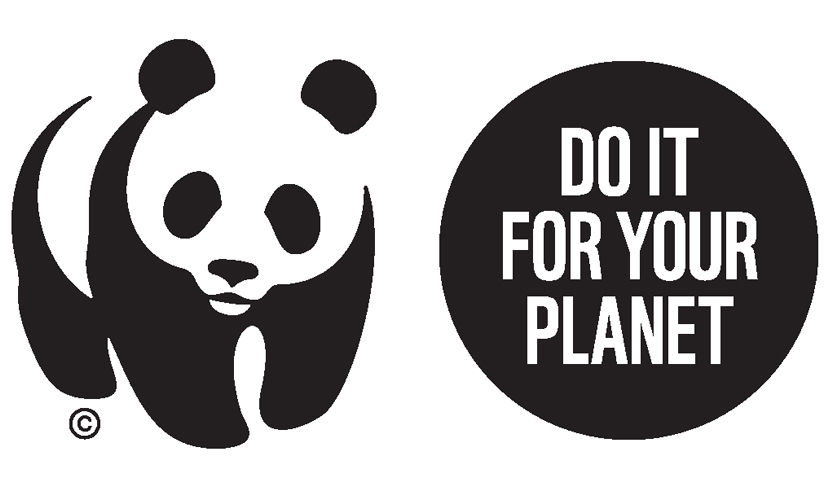Marks & Spencer has recently announced its partnership with beauty recycling experts, HANDLE, to launch a Beauty Takeback Scheme in over 40 stores across the UK. The scheme will enable hard to recycle beauty packaging materials and components that commonly end up in landfill to be recycled and turned into new packaging and products.
Packaging is one of the biggest sustainability challenges facing the beauty industry; 120 billion units of packaging are produced globally every year*, however, recycling rate estimates range from 9-50%** in the UK due to certain packaging types specific to beauty not being processed through the infrastructure available in mainstream recycling. HANDLE works with retailers, brands and manufacturers to plug these gaps and seek better end of life options for beauty packaging such as lids, tubes, pumps. sachets and pipettes that often fall out of mainstream municipal recycling.
From this month, M&S customers will be able to return any form of plastic or aluminium beauty packaging – from bottles and tubes to caps, pumps, and tubs – from any retailer, by dropping their used beauty packaging into dedicated boxes located within the store’s beauty section. The initiative is estimated to collect over two tonnes of empty beauty packaging from participating, within the first 12 months. The HANDLE programme is designed to build from a take back and recycling toward a circular system for M&S beauty where new products and packaging are created from the materials collected.
To celebrate the launch of the scheme, until the 5th July, Sparks customers who recycle their beauty packaging will also receive 10% off Beauty at M&S. Customers simply scan the QR code on the Beauty Takeback box in store, for the offer to be added to their Sparks’ Hub.
Carmel McQuaid, Head of ESG at M&S, commented: “We’re passionate about creating simple solutions that help our customers live lower carbon lives. Plastic is one of the biggest challenges facing the beauty industry and whilst there is still lots more to do, we hope this scheme encourages customers to recycle their beauty empties to give them a second life and reduce the amount of packaging that goes to landfill. Alongside our other schemes, including Shwopping and plastic takeback, it’s one of the many ways we’re driving the circular economy on our roadmap to net zero.”
Tom Murgatroyd, Co-Founder of Handle Recycling, commented: “We are thrilled to announce our partnership with M&S, our mission is to reduce the environmental impact of Beauty Packaging and this partnership helps to elevate awareness and action toward this mission to the next level. We seek partners who wish to engage in complex issues and that have talented and committed teams to help and support the goals they set out. We aim to support the M&S Plan A initiative with projects that promote reuse and circularity, as both are challenging yet critical aspirations for us all to attain for the sake our planet and future generations”.
Reshaping M&S for growth that is sustainable in every sense
Plan A was pioneering in its approach to sustainability when it was first launched in 2007 and over the years, has innovated and invested in services to help customers enjoy lower carbon lifestyles:
- In 2008, M&S became the first major UK clothing retailer to launch a national clothing recycling scheme in partnership with Oxfam – Shwopping.
- In 2012, achieved zero waste to landfill (UK and ROI) – ensuring that all its operational and construction waste is sent for reuse or recycling.
- In 2019, launched a plastic takeback scheme in its Food Halls, allowing customers to recycle more of its packaging, including ‘soft’ plastics that aren’t typically collected for recycling by local authorities in the UK.
This week, M&S launched its 2023 Sustainability Report which outlines the progress made in the last year. Reducing unnecessary plastic packaging consumption continues to be front-of-mind for M&S customers and the retailer has made good progress to tackle the issues that matter most, removing over 100m units of plastic from its products and supply chain this year:
- M&S was the first large retailer to introduce ‘BYOB’ (Bring your own Bag) to 251 of its stores; a click and collect initiative that reduces unnecessary packaging waste and will save 10 million units of plastic annually.
- In its own brand beauty and wellbeing range – Apothecary – M&S introduced large refill alternatives which use 80% less plastic as well as removing all plastic windows and plastic cello wrapping from packaging – which equates to 250,000 pieces of plastic.
M&S also launched its new own-brand, skincare range Fresh Elements; a collection of simple, effective products which are charged with science-led ingredients at affordable prices.


